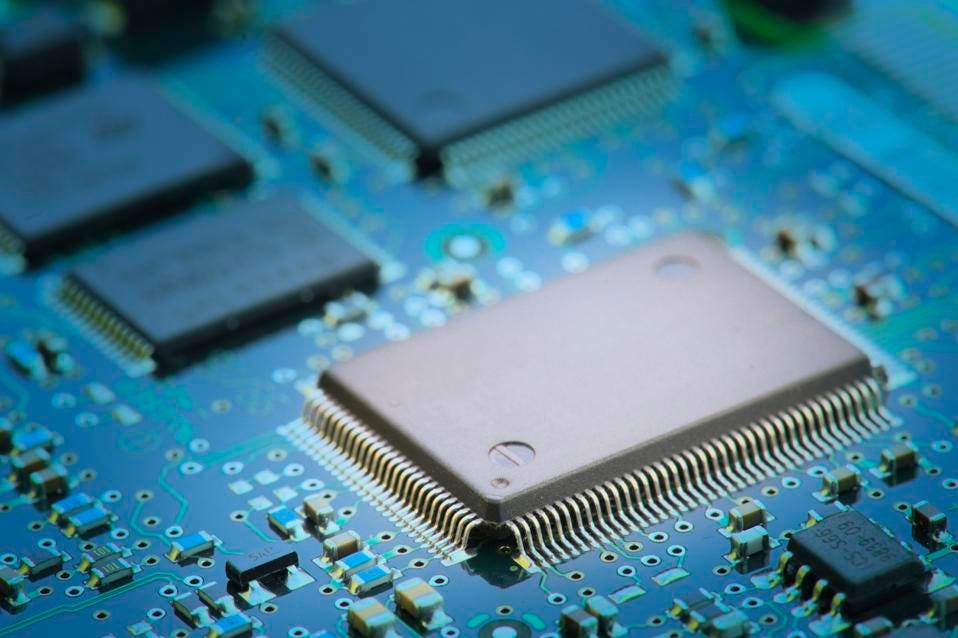In the world of computing, the debate between Intel's i5 and i7 processors has been a hot topic for years. The question, Is i7 better than i5? is not as straightforward as it may seem. The answer depends on a variety of factors, including the specific needs of the user, the tasks the computer will be used for, and the budget constraints.
The Intel Core i5 and i7 processors are part of Intel's multi-core processor family. They are designed to provide high-performance computing power for desktops, laptops, and all-in-one computers. The i5 series is generally considered mid-range, while the i7 is seen as a high-end option.
Performance is one of the key factors that differentiate the i7 from the i5. The i7 processors typically have more cores and threads than their i5 counterparts, which means they can handle more tasks simultaneously. This is particularly beneficial for heavy-duty tasks like video editing, 3D rendering, and gaming. The i7 also features a larger cache, which can significantly speed up data access and processing times.
However, the i5 processors are no slouches. They deliver solid performance for everyday computing tasks, including web browsing, word processing, and light multimedia use. For most users, an i5 processor will more than meet their needs.
The i7 processors also feature Hyper-Threading technology, a feature that allows each core to handle two processing threads at a time, effectively doubling the number of cores. This can significantly boost performance in multi-threaded tasks. However, not all applications can take advantage of this feature, so its real-world impact may be limited.
Another important factor to consider is power efficiency. The i7 processors, with their additional cores and features, consume more power than the i5 processors. This can lead to shorter battery life in laptops and higher energy costs for desktops.
Finally, there's the matter of cost. The i7 processors are generally more expensive than the i5 processors. For users on a tight budget, the i5 may offer a better balance of performance and price.
In conclusion, the answer to the question Is i7 better than i5? depends on your specific needs and circumstances. If you need high-performance computing power for heavy-duty tasks, the i7 may be worth the extra cost. However, for everyday computing tasks, the i5 offers excellent performance at a more affordable price.

